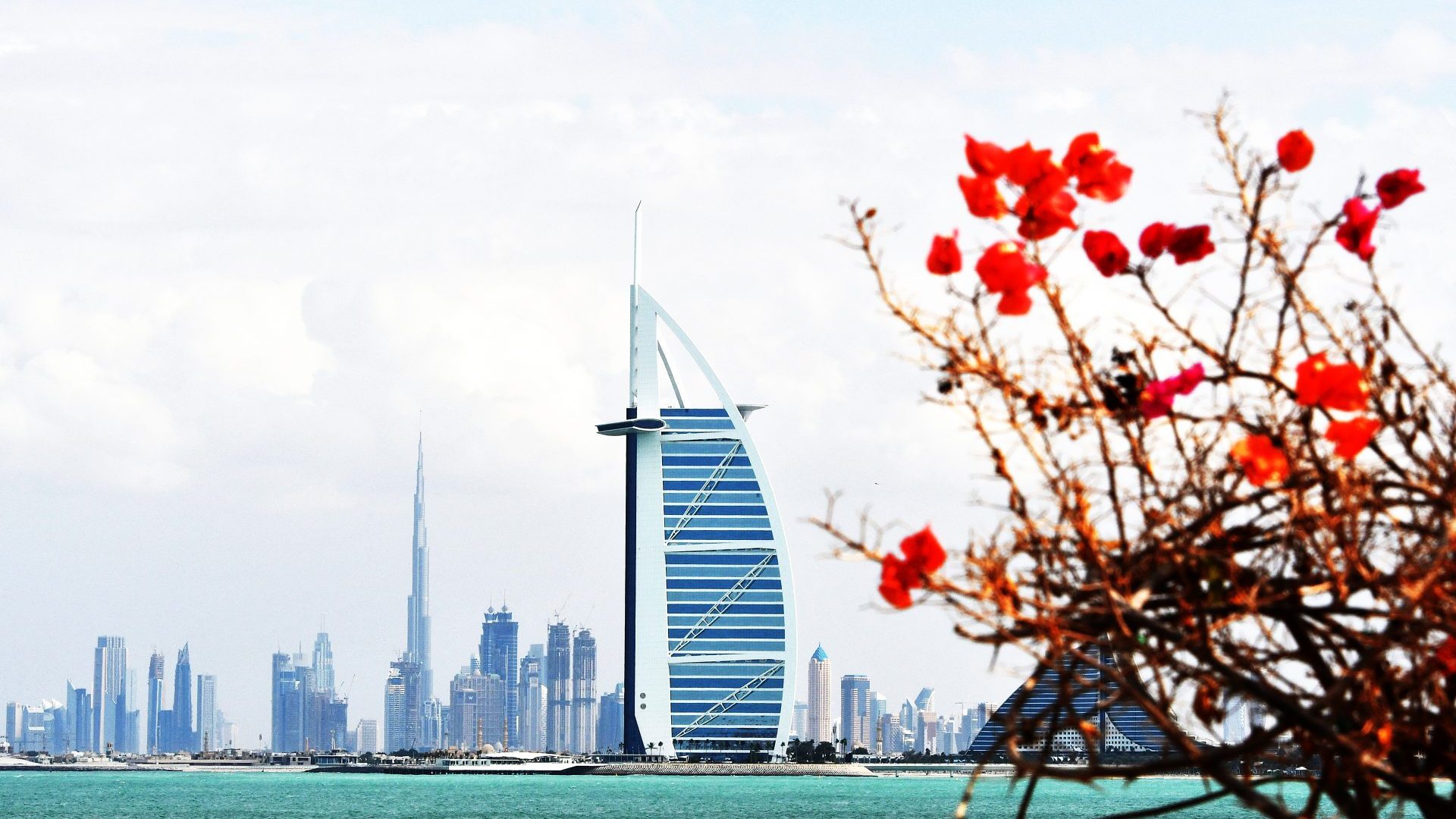“If you believe you are a citizen of the world, you are a citizen of nowhere,” thundered Theresa May in 2016. The then prime minister added: “You don’t even understand the concept of citizenship”.
What is clear is that some who might regard themselves as “citizens of the world” but whom the Treasury classes, less flatteringly, as ‘non-doms’, do have a very clear understanding of the concept of inherited wealth, and it is extremely important to them. While they accept that they must pay tax on their UK earnings and, more recently and controversially, perhaps some of their overseas earnings, the prospect of inheritance tax hitting any of their accumulated family wealth appears to be driving them to start packing their Louis Vuitton trunks and moving out of the UK.
The effect could be far more far-reaching than just a dent in restaurant bookings and the employment market for butlers and chauffeurs. Head offices of important businesses would be relocated, taking with them the employment and profits that have previously accumulated in the UK.
Museums and galleries also risk losing a valuable source of funding as the ultra-rich look to direct their philanthropic efforts to where they can spend more time and the donors might be more appreciated. Current beneficiaries are already beginning to experience the withdrawal of support.
The clampdown on non-doms may be relatively short-lived. After the extraordinary success of Reform in last week’s UK elections, they might before long be repacking, ready to head back to a country which has installed Nigel Farage in No 10.
What so recently seemed almost unthinkable but the bombastic Farage has long insisted was not only possible but a near certainty, now cannot be totally discounted. In a first past the post system that can deliver victory to a party with nowhere near a majority of votes, the Farageists now have to be taken seriously. And Reform’s totemic hostility to immigrants does not appear to encompass people with loads of money.
One of these, Bassim Haidar, became a very high-profile recruit for Reform just before the May Day polls, handing over that week’s £200,000 pocket money and making clear that he thought his new party would be considering a more hospitable regime for non-doms. The Nigerian-born entrepreneur has pledged to give at least £1m to Reform, having previously supported the Conservatives.
Their stance on non-doms was a major contributor to his disenchantment, and he had already moved to Dubai before last week’s near annihilation of the Conservatives. In his brief time as chancellor, Jeremy Hunt had moved to tighten up the rules, but, when Labour promised something more draconian, Hunt adopted that policy.
Once in office herself, Rachel Reeves did as she had threatened and abolished the existing non-dom regime. The new system decrees that, after a phasing-in period, those who are established UK residents will pay tax, not only on their UK earnings but their overseas earnings too.
Clever accountants will try to find ways around this but it is seen by many non-doms as unreasonable and some decided immediately that the UK was a hostile environment in which they could not stay.
The average UK taxpayer is unlikely to have much sympathy with this attitude, but there are plenty of locations prepared to be more accommodating to non-doms and some of the 68,800 who, according to HMRC, were in the UK in 2021-22 will certainly have moved out. Others might have been prepared to put up with the extended reach of the UK’s tax grab but not once it emerged that their estates might also be subject to inheritance tax.
Predictions of a mass exodus of the wealthy have been made before and turned out to be largely erroneous. Anyhow, as many in the UK struggle financially and child poverty approaches 30%, the flight of a few multi-millionaires would occasion little mourning.
However, on this occasion, it seems that the number of non-doms choosing to quit the UK is on a different scale, and the effect may be yet another blow to the government’s growth strategy.
Even if the chancellor were to recant the harshest of her measures or a future government, of whatever complexion, were to implement a more generous strategy, it is unlikely that non-doms would rush to return to the UK. They may have made themselves comfortable elsewhere or simply decided that, as citizens of the world, they could structure their lives to spend sufficient time in the UK to enjoy Ascot and Wimbledon without incurring a punitive tax charge.
Head offices that had been moved out of the UK would not want the upheaval of returning. Some of these are likely to be in the shipping industry, which remains the territory of very wealthy families and has tended to be based in the City of London, where a network of businesses has prospered on servicing it. If the headquarters go, then the related businesses must follow.
The same will be true of the family offices which run the fortunes of the wealthiest. They will follow their masters, taking with them some high-income earners who currently pay their taxes and spend their money in the UK.
Citizens of the world should pay their way just as every citizen should, and principled governments need to extract a fair, even generous, contribution from them. But before getting greedy, they need to be clear about the risk that it could prove counterproductive.




